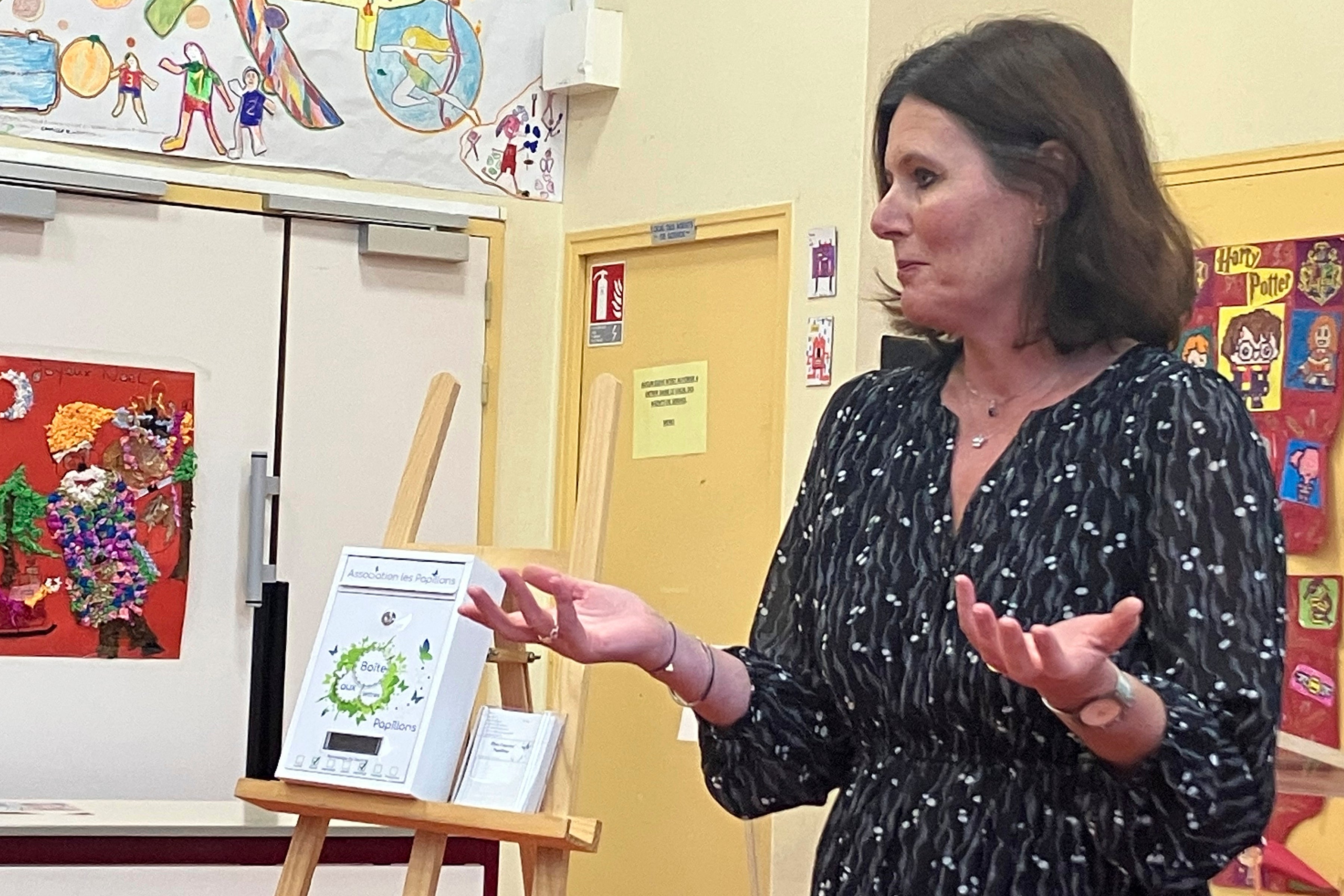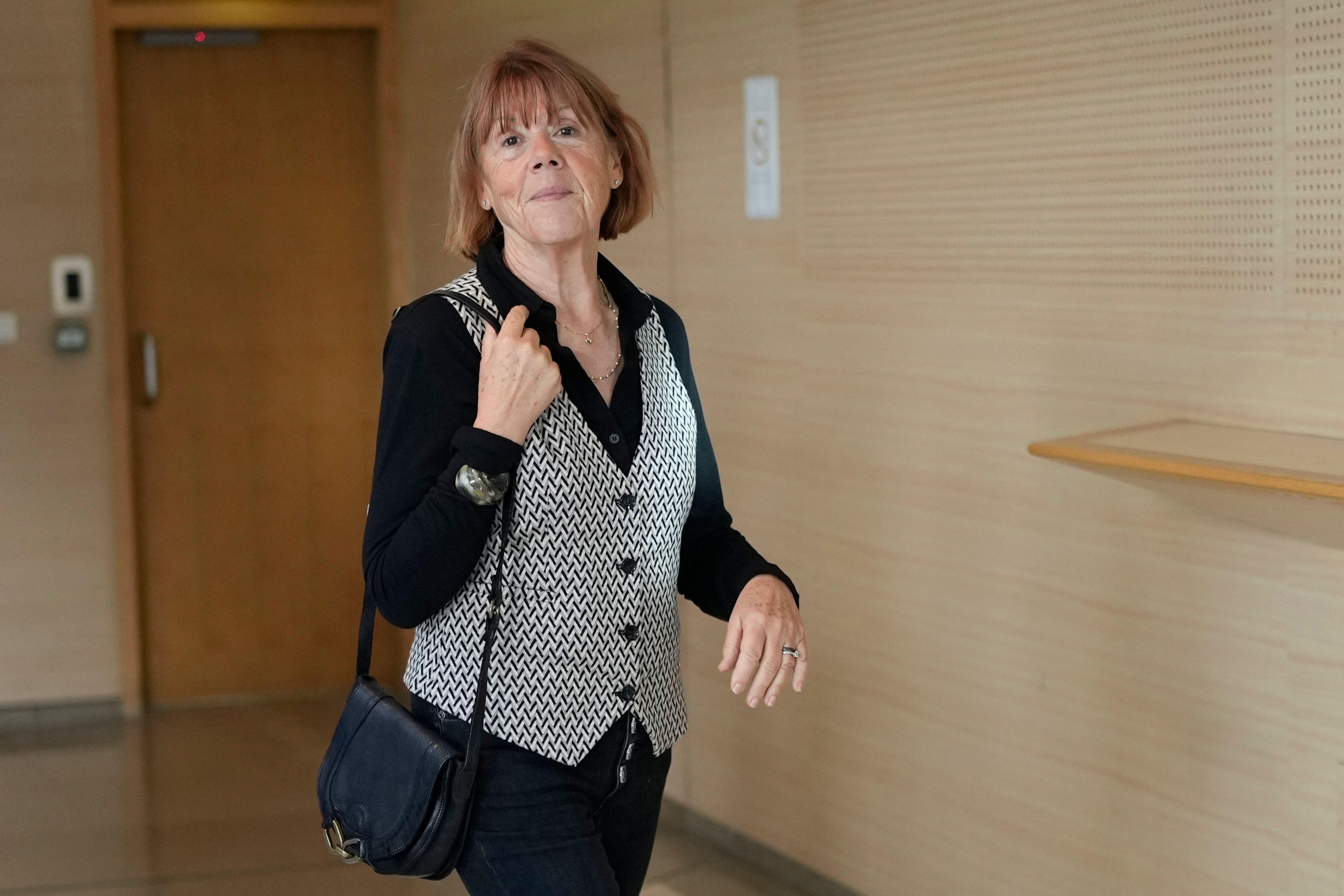The special mailboxes helping French police catch paedophiles
Some 360 mailboxes have already been deployed across France

Mailboxes for children to flag abuse have been set up in schools across France in a nationwide effort to encourage more victims of sexual violence to speak up.
A box was set up Thursday at a Paris primary school, a first in the French capital.
Some 360 such mailboxes have already been deployed across France, where children can drop letters that will be assessed by experts.
In June 2022, on the first day a mailbox was set up in a school in eastern France, a 10-year-old girl left a message naming her grandfather and describing what appeared to have been instances of incestuous rape. A few days later, police officers said she and two other girls in her family had allegedly been victims of incest for years.
In September the grandfather was found guilty and sentenced to a 12-year prison sentence.
According to Les Papillons, about 2.4% of the messages lead to reports to local child protection officials in charge of taking necessary measures.
1.4% of the messages are immediately reported to prosecutors, leading to a police investigation, in line with French law regarding “serious and imminent danger” to children. They include all alleged sexual abuses.
The program is supported by child protection association Les Papillons, or Butterflies, and runs under the motto: “If you can’t say it, write it.”
It comes as activists are pushing to lift taboos that have long surrounded sexual abuse and make “shame changes sides.” That was highlighted recently during the trial that made Gisèle Pélicot, who was drugged and raped by her now ex-husband, France’s symbol of fight against sexual violence.

“The main thing that has changed and I think it’s great, is that victims are less and less reluctant to talk,” Laurent Boyet, the police officer who founded Les Papillons, told The Associated Press. “But what still hasn’t changed is that people still don’t necessarily listen to them as they should... There’s still a long way to go.”
Last year, more than 30,000 children put a message in the mailboxes, Boyet noted. This provided the association with a snapshot of the scale of child abuse in France.
Most children reported situations that took place in the school environment, including harassment and physical abuse. About 10% reported issues at home, of which over half involved physical violence. Some involved sexual abuse within the family.
Boyet wrote a book in 2017 to tell his own story. He said he was raped by his brother, who was 10 years older, when he was between the ages of 6 and 9.
How do the mailboxes work?
Children at the Paris primary school where the mailbox has been set up Thursday will get instructions about what it's for.
The association proposes pieces of paper where children can tick the box “I need help for me” or “for one of my friends," fill the line “my abuser is named” and write “what's happening.”
“Going through writing help children," the director of the Blanche school, Géraldine Gythiel, said. "They take the paper, they put it in their pocket and they’ll write what they have to write at the right moment... Because talking to an adult isn’t easy.”
Twice a week, local police officers will pick up the messages and email them to the association’s experts, including three psychologists, for assessment.
The most serious ones are immediately sent to police services so they can be used in investigations and as evidence in a potential trial, Boyet said.
In some other cases like school bullying, the association will talk with teachers and educators to seek solutions.
The association's psychologists may also get in touch with the child's parents to provide counselling, Boyet said.
Bookmark popover
Removed from bookmarks